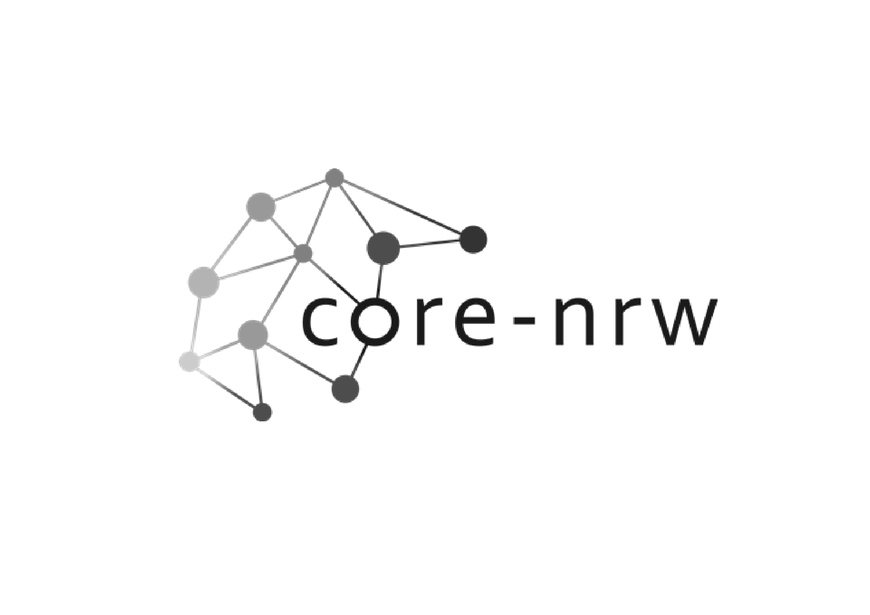Press releases
New publication \ Preventing radicalisation in North Rhine-Westphalia
Extremist thinking and activity have been and still are a problem in Germany as in North Rhine-Westphalia—be it on the part of extremist Salafist groups or the dangers to democracy from the far-right. An empirical project conducted by BICC between 2018 and 2021 investigated the challenges to and needs of local actors who work in prevention in NRW. CoRE-NRW Research Paper 4 summarises the results.

Over the past few years, public funding from the federal and state government in North Rhine-Westphalia has created an extensive infrastructure spread across many municipalities to prevent people from adopting extremist ideas or joining extremist movements. The project “Preventing radicalisation in North Rhine-Westphalia—How can the capabilities of intermediaries be strengthened?”, which BICC (Bonn International Centre for Conflict Studies) pursued between July 2018 and December 2021, addressed the question of which challenges and needs local actors who work in prevention are facing. The final outcome report CoRE-NRW Research Paper 4 presents the most important findings for the project.It was supported by the Ministry of Culture and Science of the state of NRW (MKW) in the framework of the state-wide network CoRE-NRW.
The research consisted of four modules. The first module investigated programmes and measures of primary and secondary prevention—that is, activities that prevent the very emergence of extremist radicalisation or stop it from developing at an early stage. The second module dealt with so-called tertiary prevention or “deradicalisation”, which is dedicated to working with already radicalised persons. The third module took up the special case of returnees from the Islamic State group. Here, work did not only focus on North Rhine-Westphalia but also looked at how other federal states addressed the issue of returnees. The fourth and last module focussed on challenges to and needs of primary, secondary and tertiary prevention measures in prisons in NRW.
Press release “Abschlusspublikation \ Radikalisierungsprävention in Nordrhein-Westfalen“ (pdf, in German)
The research consisted of four modules. The first module investigated programmes and measures of primary and secondary prevention—that is, activities that prevent the very emergence of extremist radicalisation or stop it from developing at an early stage. The second module dealt with so-called tertiary prevention or “deradicalisation”, which is dedicated to working with already radicalised persons. The third module took up the special case of returnees from the Islamic State group. Here, work did not only focus on North Rhine-Westphalia but also looked at how other federal states addressed the issue of returnees. The fourth and last module focussed on challenges to and needs of primary, secondary and tertiary prevention measures in prisons in NRW.
Press release “Abschlusspublikation \ Radikalisierungsprävention in Nordrhein-Westfalen“ (pdf, in German)


